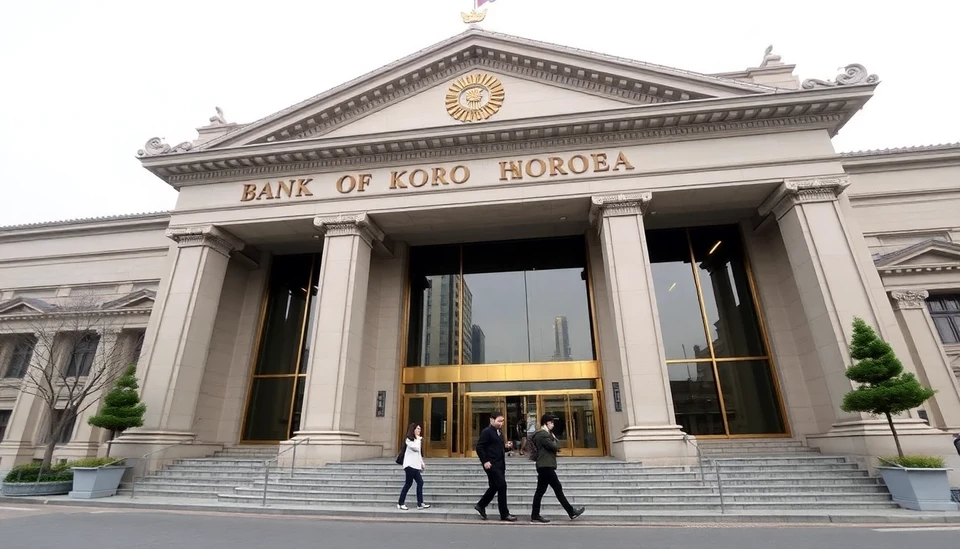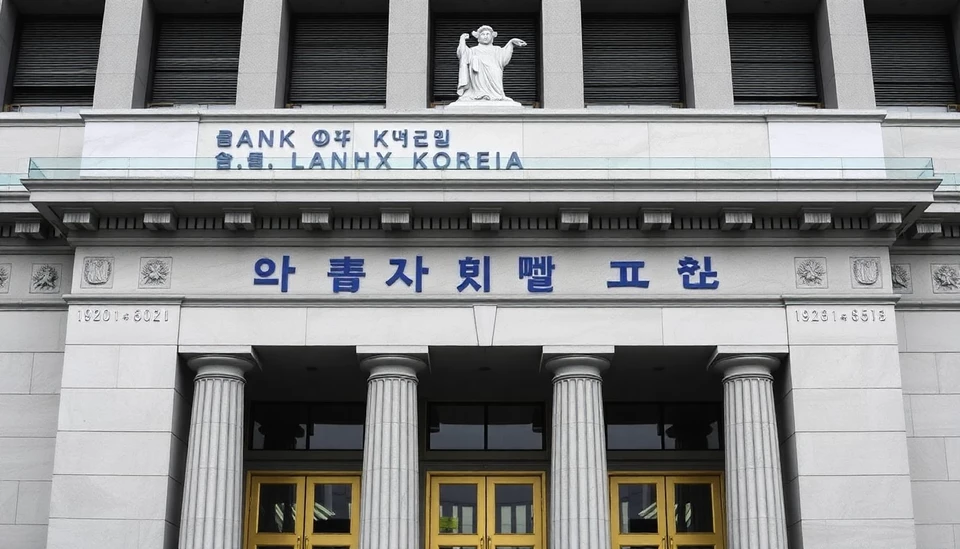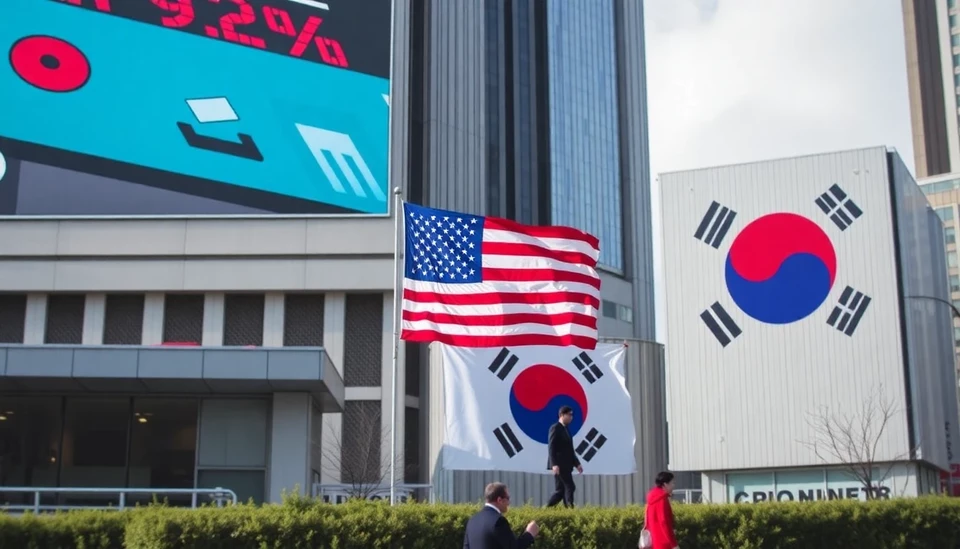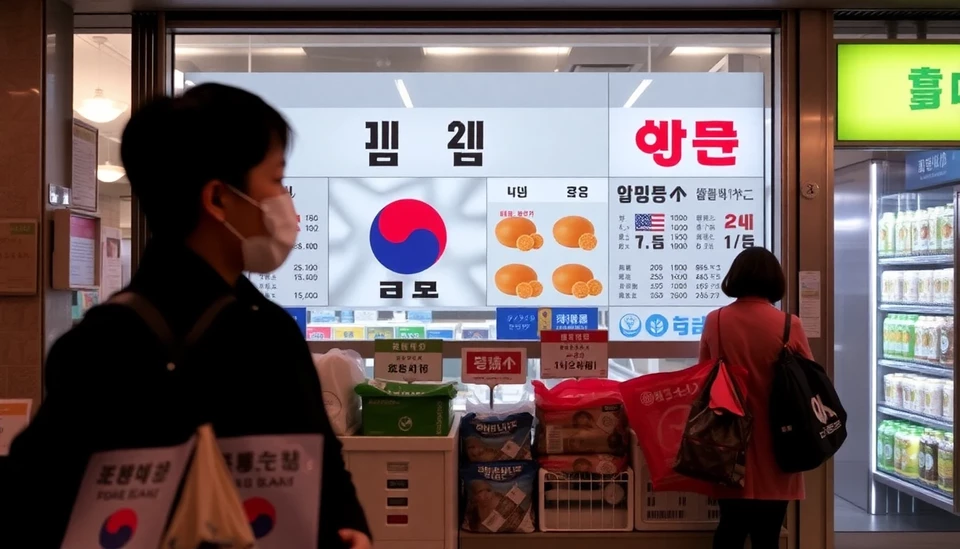
In a significant development concerning South Korea's economic outlook, the Bank of Korea (BOK) has officially revised its growth forecast for the upcoming year. This adjustment is primarily influenced by rising political uncertainties that pose challenges to the nation's economic stability. The BOK, in a recent statement, has lowered its 2026 growth expectation from a previous 2.2% to a more cautious 1.9%.
This revision comes as a response to various factors that have raised questions about the effectiveness of economic policymaking within the current political landscape. The bank cited domestic issues, including a lack of political cohesion and the impact of external economic pressures, as key reasons for this adjustment. These elements create an environment of uncertainty that could hinder investment and consumer spending, both crucial drivers of economic growth.
The BOK is not alone in its concerns; numerous analysts have pointed to the potential ramifications that political strife may have on investor sentiment. A country perceived to be politically unstable often sees reduced foreign direct investments, which are vital for fueling economic development. The interplay between domestic politics and economic performance cannot be underestimated, as political stability often correlates with business confidence.
Additionally, the bank has warned that should the political climate remain tumultuous, the growth forecast could be subject to further revisions. The implications of ongoing political debates, particularly those surrounding key fiscal policies and party conflicts, may compound economic risks. This outlook comes at a time when the South Korean economy is still navigating the implications of the global pandemic and subsequent recovery challenges.
Market reaction to the BOK's revised forecast has been mixed, indicating a cautious approach among investors. While some see it as an opportunity to buy into undervalued assets, others are displaying reluctance driven by uncertainty. This ambivalence is mirrored in the stock market, where fluctuations are expected as political developments unfold.
As South Korea heads into an election period, the resolve to stabilize both governance and economic performance will be critical. Analysts are advocating for proactive measures to restore investor confidence and stimulate growth. Addressing the political discourse on economic management seems imperative for enhancing South Korea’s position in the international market.
In conclusion, the Bank of Korea’s decision to cut its growth forecast serves as a stark reminder of how intertwined political environments are with economic outcomes. Stakeholders, from policymakers to everyday citizens, will be watching closely how these factors unfold in the coming months.
#BankOfKorea #EconomicGrowth #PoliticalUncertainty #SouthKorea #EconomicForecast #InvestorConfidence #MarketReaction
Author: Daniel Foster




